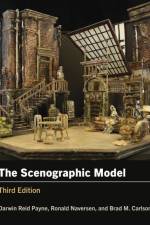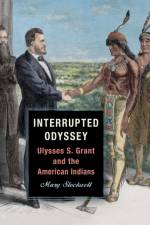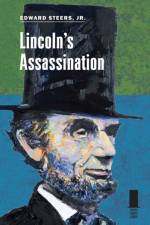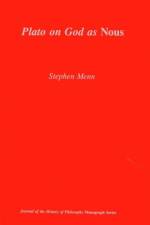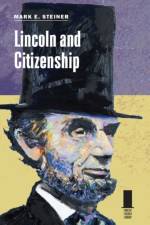av Richard A. Watson
477
In this engrossing double volume, the work and thought of Nicolas Malebranche is examined through the eyes of Simon Foucher and Dortous de Mairan. Part 1 consists of Richard A. Watson's translation of the first published critique, by Simon Foucher, of Malebranche's main philosophical work, Of the Search for the Truth. In the second part, Marjorie Grene presents a meticulous translation of the long correspondence between Malebranche and Jean-Jacques Dortous de Mairan that ended shortly before Malebranche's death. Both Watson and Grene provide insightful introductions to their translations.The influence of the works of Malebranche has been extensive, as has the influence of the lesser works of his first critic, Simon Foucher. Although Foucher was a minor philosopher of the seventeenth century, he provided arguments that led to a crucial turning point in modern philosophy. Listened to with care and treated with respect by Leibniz, Foucher's arguments were utilized by Bayle, Berkeley, and Hume toward the destruction not only of Cartesian metaphysics but of substance philosophy as well. In this translation of Foucher's work, it is now possible for readers of Malebranche's Of the Search for the Truth to evaluate the immediate response of a young philosopher about town to one of the most important philosophical works of his day.The correspondence between Jean-Jacques Dortous de Mairan, an obscure provincial, and Nicolas Malebranche has usually been viewed as a small addendum to the works of Malebranche. Marjorie Grene, however, in her translation of this correspondence, considers it not only a contribution to the Malebranchian corpus but also an example of a reaction to Spinoza. Born at Béziers in the south of France in 1678, Mairan went to Paris in 1698, where he studied mathematics with Malebranche. Their correspondence began four years later when Mairan returned to Béziers to accept a position with the local bishop. In his letters to Malebranche, Mairan reveals himself to be one of no more than a handful of known readers of Spinoza who, in the early eighteenth century, admitted fascination with Spinoza's presentation of his thoroughly unorthodox God and his equally unorthodox nature.

